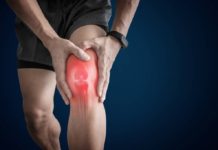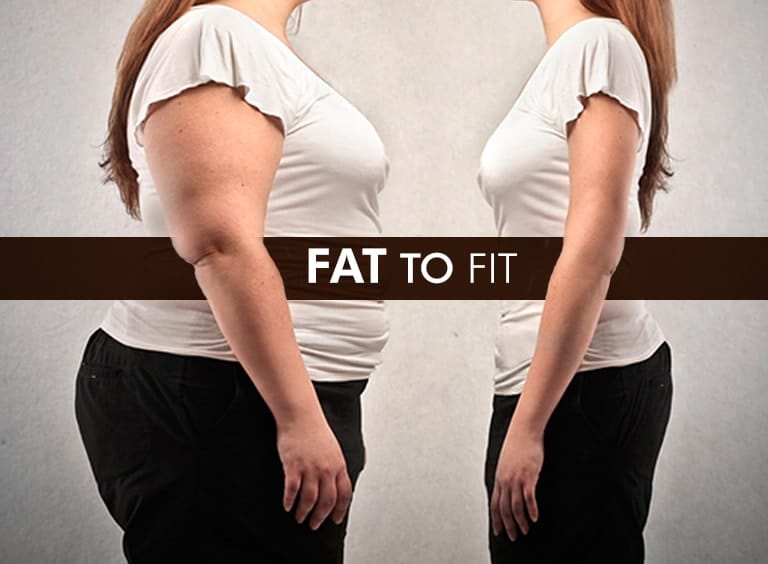Attention dieters! Your weight loss diet could be doing more harm than good. It could be depriving you of vital nutrients needed for you to stay healthy. A study analysing four popular diet plans has revealed that none of them delivered 100% of all the 27 essential micronutrients.
There are many weight-loss programs out there promising fast weight loss. These fad diets severely restrict or completely eliminate one or more of the essential nutrients and result in malnutrition. Deprivation of nutrients is harmful to your body. Here are five important nutrients that should not be lost while on a diet:
1. B-complex vitamins
B-complex vitamins are needed to produce healthy red blood cells and for proper utilization of carbs, proteins and fats from our diet. The vitamins are vital for proper functioning of our brain and to prevent depression. There is high prevalence of Vitamin B-12 deficiency in vegetarians. You may be robbed of vitamin B5 (pantothenic acid) when you are on a low-carb diet. A low-carb, high-fat diet can cause biotin deficiency. A paleo diet may fall short of meeting your daily requirement of B-complex vitamins and calcium. A gluten-free diet can leave you with inadequate vitamins B12.

(Image credits: 1.bp.blogspot.com)
2. Other vitamins
Vitamin A keeps eye disorders at bay. Vitamin E is responsible for nerve development and muscle strengthening. It also helps in immunity, improves fertility and slows the process of aging. Vitamin D is important for absorbing calcium and for bone development. Your low-carb diet may be missing vitamin E and D. A fat-free diet can deprive you of the important fat-soluble vitamins A, D, E and K.

(Image credits: giphy.com)
3. Minerals
A restricted diet can cause mineral deficiency and the inadequacy differs by the diet plan. Vegans and vegetarians might experience mineral deficiency if they don’t efficiently manage their diet. Chromium has found to be miserably deficient in most weight-loss diets. A low-carb diet may make it harder for you to fulfil your daily potassium requirements. Gluten-free diets usually lack minerals like iron, magnesium, zinc, etc. Eliminating all animal products from the vegan diet increases the risk of calcium deficiency. There is also a concern regarding limited bioavailability of iron and zinc. Chromium plays a role in glucose and fat metabolism. Calcium is vital for bone growth and development. It also plays a role in blood clotting, muscle contraction and relaxation, etc.

(Image credits: www.healthyfoodhouse.com)
4. Fats
Fats have a reputation of being bad for our health, especially when it comes to weight issues. But it’s not a good idea to completely eliminate fat from your diet. Fats are important for good health. You can incorporate something called ‘good fats’ – monounsaturated fats (MUFAs) and polyunsaturated fats (PUFAs). They can help improve blood cholesterol levels and decrease your risk of heart disease. They may also play a role in blood sugar control. Omega 3 fatty acid, a type of PUFA, is vital for blood clotting and for the brain. It helps prevent heart disease, boosts memory and aids in nerve cell repair.
Even if are successful in consuming your daily recommended amounts of a variety of vitamins, you could still end up with nutrient deficiency if you are on a no-fat diet. Wondering how? Fat-soluble vitamins A, D, E and K depend on fat for their absorption and storage.
5. Fibre
A high-fibre diet helps maintain bowel health, lowers cholesterol levels and helps control blood sugar levels. It can also help your weight management. Studies suggest that fibres have the potential to reduce the risk of colon cancer. You may have a tough time getting enough fibre while on a low-carb diet. Gluten-free diet is also poor in dietary fibre.

(Image credits: www.drdarrenmorton.com)














